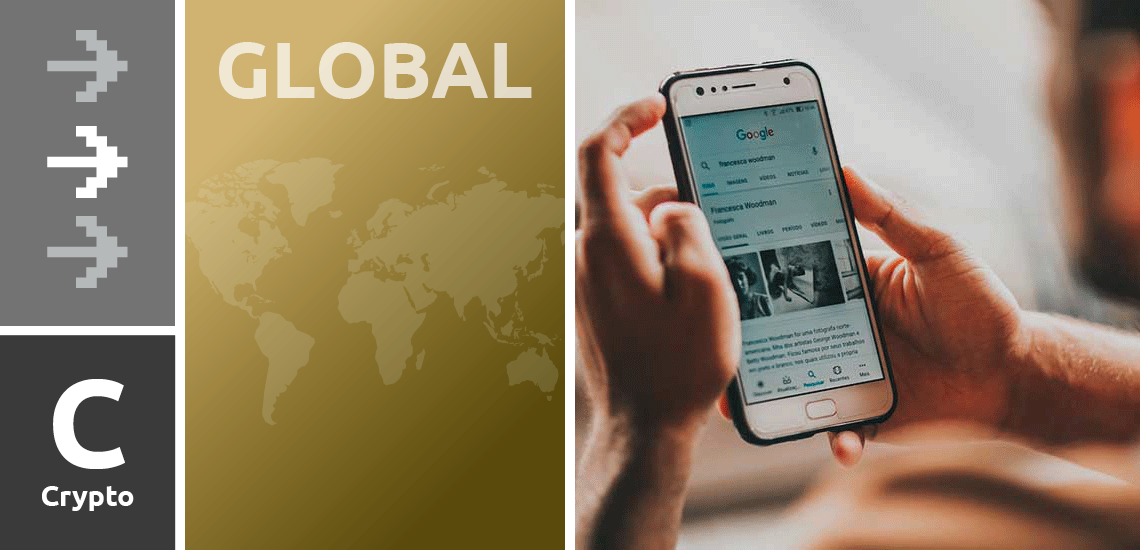
A group of major technology companies, including Adobe, Microsoft, and Intel, have joined forces to tackle the issue of deepfakes and AI-generated synthetic media. The Coalition for Content Provenance and Authenticity (C2PA) aims to establish an open standard that can verify the origins and authenticity of online content. By developing metadata tools, the coalition hopes to enable content platforms and users to identify manipulated or falsified media. The increasing sophistication of AI techniques has made it easier to create hyperrealistic fake images and videos, prompting the need for such tools. The C2PA has introduced a logo that can be attached to certified content, but some experts argue that more visible labels may be necessary for end users. While developing foolproof authentication methods remains a challenge, the C2PA’s efforts are seen as a crucial first step in addressing the issue. The initiative has released open-source tools that can be adopted by any organization, including media outlets, academics, nonprofits, and tech firms. Although these steps do not constitute official regulation, the coalition hopes that its standards will promote transparency and trust online. As AI continues to advance across industries, the work to combat deepfakes is just beginning.
This News Article was automatically generated by Bob the Bot (AI)
This News Article was automatically generated by Bob the Bot (AI)
| Information | Details |
|---|---|
| Geography | Global |
| Countries | |
| Sentiment | neutral |
| Relevance Score | 0 |
| People | None |
| Companies | Microsoft, Intel, Adobe, Coalition for Content Provenance and Authenticity (C2PA) |
| Currencies | None |
| Securities | None |

